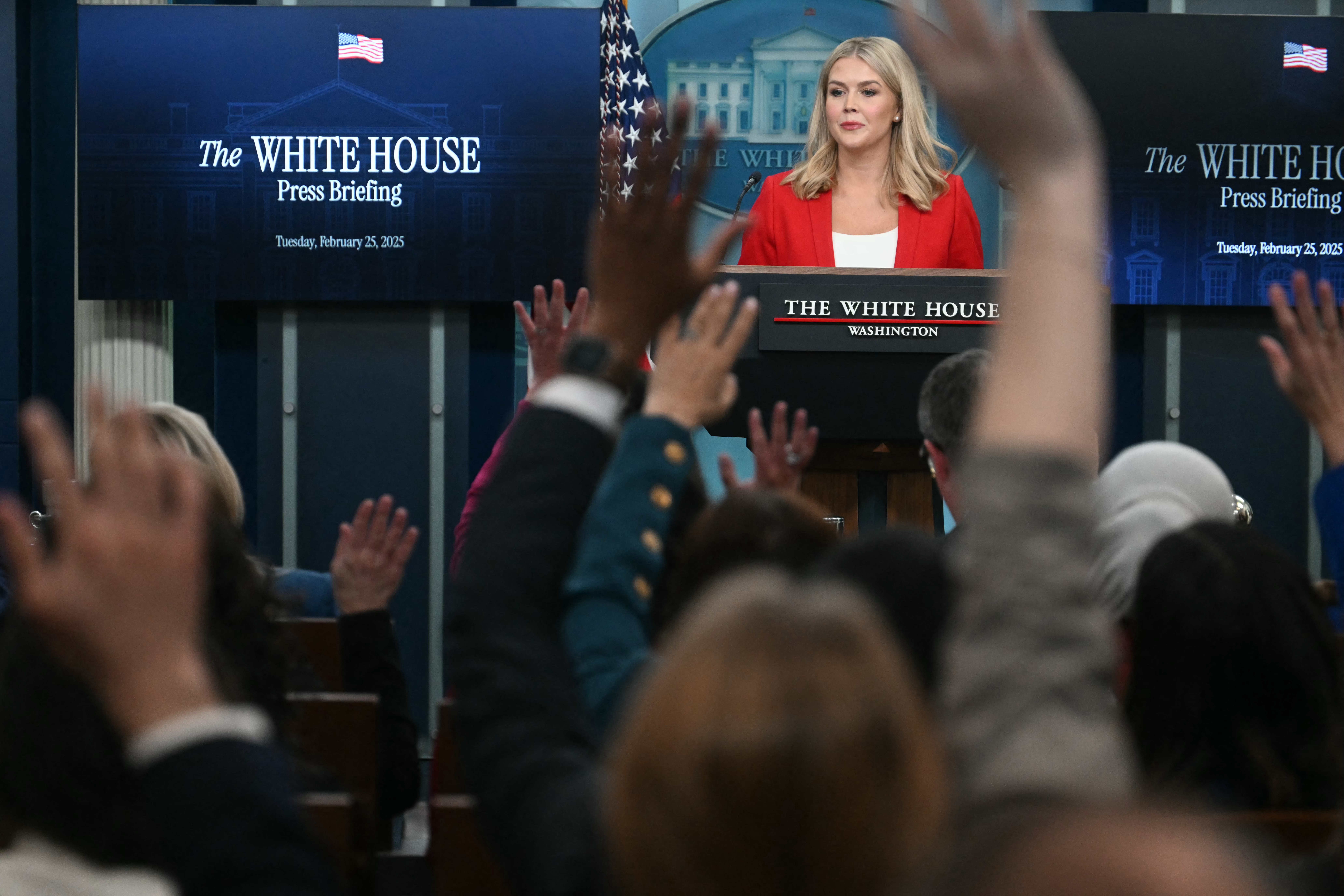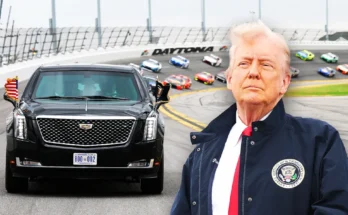In a significant departure from longstanding media protocols, the White House recently barred reporters from Reuters, HuffPost, and other news organizations from covering President Donald Trump’s first cabinet meeting of his second term. This move aligns with the administration’s newly implemented policy to directly control media access, effectively sidelining the White House Correspondents’ Association (WHCA), which has traditionally managed press pool rotations.
Shift in Press Pool Management
Historically, the WHCA has overseen the rotation of journalists granted close access to the president, ensuring a balanced and independent press corps. However, on February 26, 2025, the administration announced that it would assume control over determining which media outlets could cover the president in restricted settings such as the Oval Office and aboard Air Force One. White House Press Secretary Karoline Leavitt stated that the WHCA “should no longer have a monopoly” on organizing press pools, suggesting that the existing system did not reflect modern media consumption habits.
Exclusion of Established Media Outlets
The immediate impact of this policy shift was evident when reporters from Reuters, HuffPost, and Der Tagesspiegel, a German newspaper, were denied access to the cabinet meeting. Additionally, an Associated Press (AP) photographer was barred from attending. In contrast, media outlets perceived as more favorable to the administration, such as ABC, Newsmax, Axios, The Blaze, Bloomberg News, and NPR, were granted access.
This exclusion marks a notable change from previous practices where wire services like AP, Reuters, and Bloomberg held permanent spots in the press pool due to their extensive reach and commitment to disseminating timely information to a broad audience. The removal of these outlets raises concerns about the administration’s commitment to a free and independent press.

Reactions from Media Organizations
The decision to exclude prominent news organizations has drawn sharp criticism from various quarters. The WHCA condemned the move, asserting that it “tears at the independence of a free press” and emphasizing that government officials should not have the authority to decide who covers them.
In a joint statement, the AP, Bloomberg, and Reuters highlighted the essential role of an independent press in a democracy, stating, “It is essential in a democracy for the public to have access to news about their government from an independent, free press.” They expressed concern that limiting wire services’ access to the president threatens this fundamental principle.
HuffPost, one of the excluded outlets, described the White House’s action as a violation of the First Amendment right to freedom of the press.
Implications for Press Freedom
The administration’s move to control the composition of the press pool has sparked debates about press freedom and the potential for government overreach. Critics argue that allowing the government to select which journalists can cover the president undermines the press’s role as an independent watchdog. Peter Baker of The New York Times likened the tactic to those employed by authoritarian regimes to control the media, expressing concern that it could lead to a media landscape that functions as a propaganda arm rather than an independent entity.
The exclusion of Reuters, HuffPost, and other established news organizations from covering President Trump’s cabinet meeting represents a significant shift in the relationship between the White House and the press. By taking control of the press pool, the administration has disrupted decades of precedent that ensured a diverse and independent media presence in covering the presidency. This development raises critical questions about transparency, accountability, and the future of press freedom in the United States.






stvL CkDpdM fqICK eBOOp